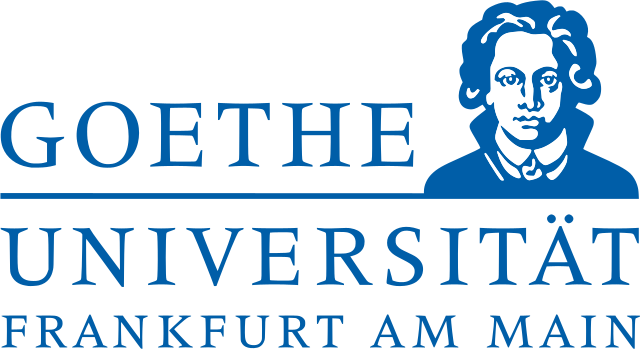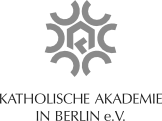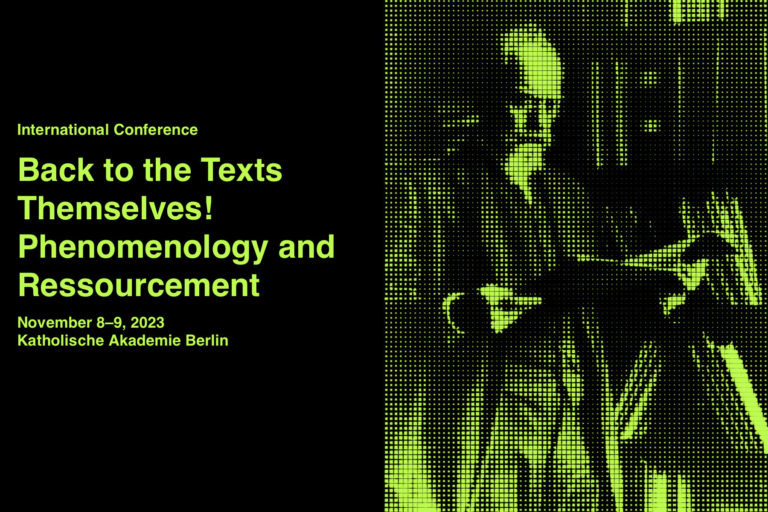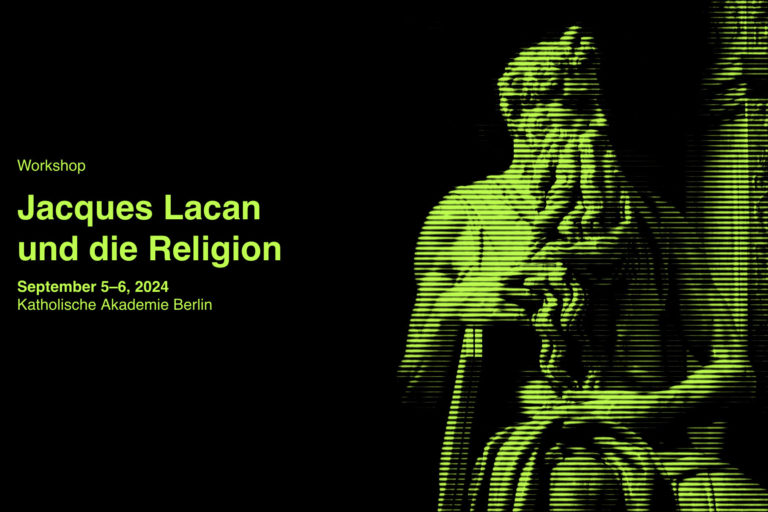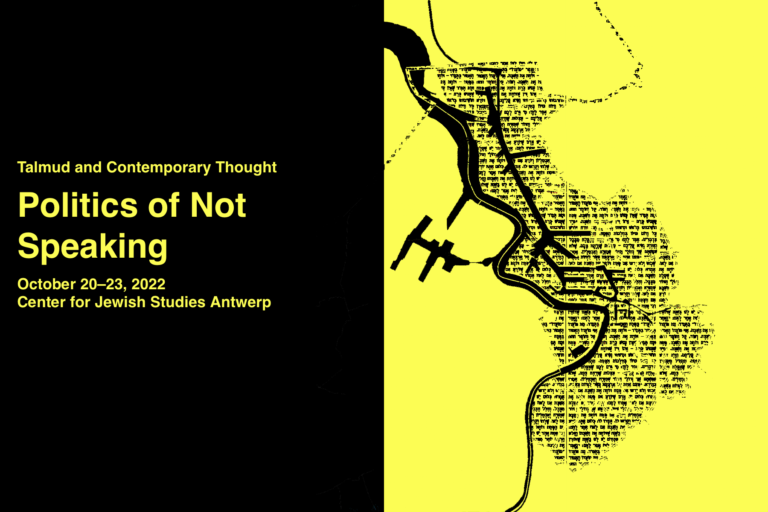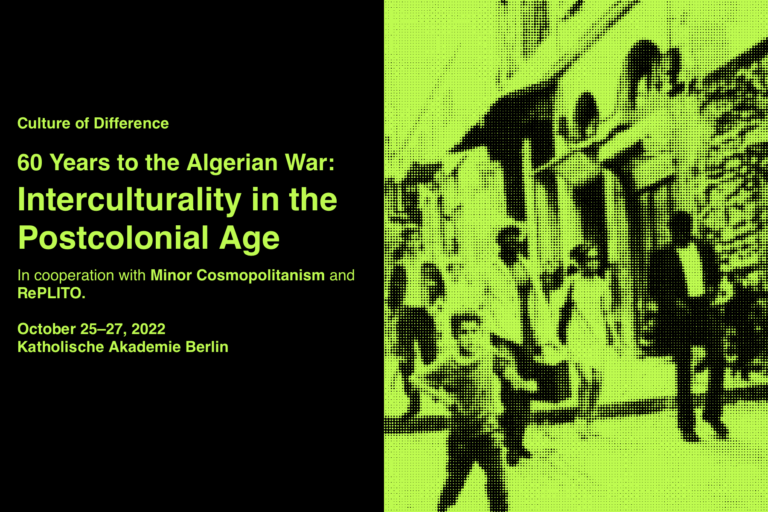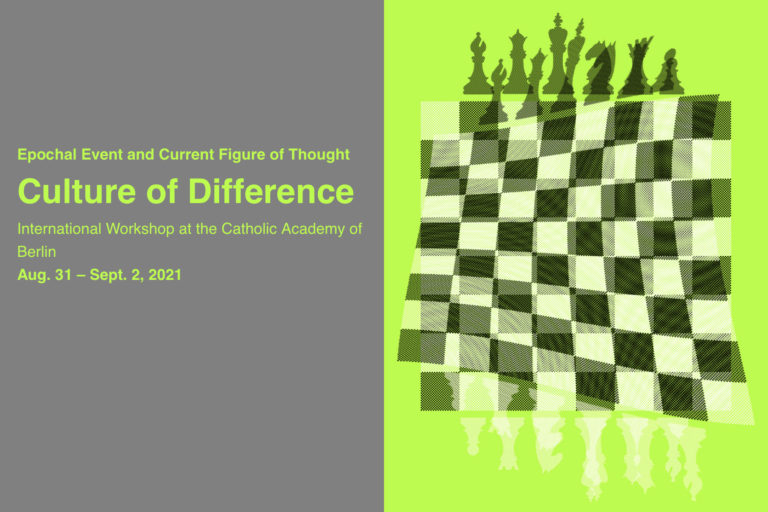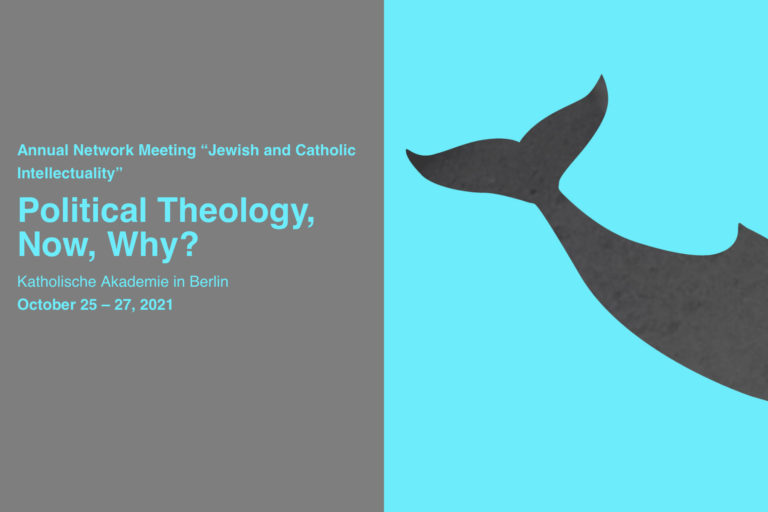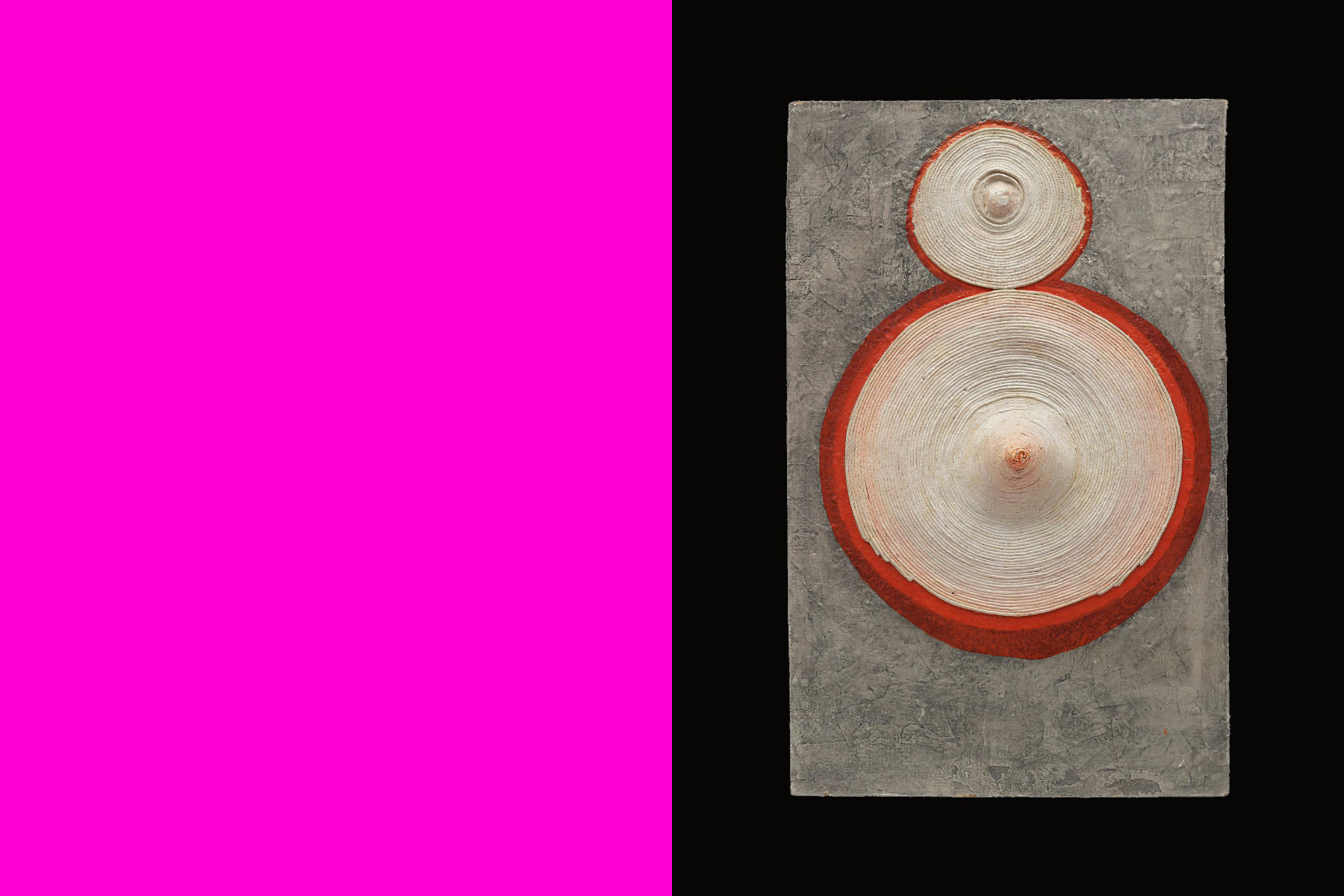
International Workshop
Desiring God:
The Erotic and the Divine
in 20th-Century Thought
September 10–12, 2024
KU Leuven, Brussels, Belgium
© Eva Hesse, Ringaround Arosie, 1965 via WikiArt
Desiring God:
The Erotic and the Divine in 20th-Century Thought
International Workshop
September 10–12, 2024
KU Leuven, Belgium
Stormstraat 2, 1000 Brussels
Room 6108, Hermes Building, 6th Floor
Nietzsche famously claimed that “Christianity gave eros poison to drink – eros did not die from it but degenerated into a vice.” The objective of the workshop is to discuss the ‘afterlife’ of eros in 20th-century thought on religion. Focusing on specific case studies of (post-)modern thinkers who have highlighted the bodily and erotic dimensions of religion and who have studied, used, referenced, and revived older religious traditions and applied them to knowledge, our workshop delineates a renewal of eros in philosophy, theology, and literature in and after the 20th century.
Both at once utterly singular and overarchingly universal, erotic love and religious faith are interrelated in complex ways, and they are related to language and expression: one’s own erotic and/or religious experience is not easily expressible in human language; hence, metaphor and allegory is often used to speak of both the erotic and the divine. How eros and sexuality take shape in discourse and give rise to forms of knowledge – theological, esoteric, mystical or philosophical – will be at the center of our discussions.
There is a rich tradition of thinking eros in new and interesting ways that have not yet been studied in full depth: The works of Foucault, Barthes, Cixous, Irigaray or Kristeva, for instance, deconstruct the boundaries between eros and thinking, desire and discourse. Therefore, our workshop sheds light on those thinkers specifically, focusing on the metaphoricity of the language of love and “god-talk” (theo-logy).
Franz Rosenzweig, The Star of Redemption, interrelates human erotic love and divine love. Placing a discussion of shir ha-shirim, a collection of erotic poetry within the Hebrew Bible, at the center of his quest for the “knowledge of the all,” his ‘new thinking’ revolves around the philosophical and religious significance of erotic love and passion. For Rosenzweig, divine love is perceptible withinand even asthe physical touch of the lover’s hand, the sensual feel of the lover’s skin, and the passionate joining of lovers’ lips in a kiss. Drawing on mystical and theological commentaries on the interrelation of nakedness, sexuality, and knowledge in the Genesis narrative of Eden and the Fall of Man as well as the classical philosophical topos of Plato’s Symposium, Rosenzweig follows a religious and philosophical tradition of connecting Eros to knowledge that gained new pertinence in the 20th century, combining theology and philosophy.
Organisation
Caroline Sauter, Goethe University Frankfurt
Elad Lapidot, University of Lille
Willem Styfhals, KU Leuven
Amir Engel, The Hebrew University of Jerusalem
Cooperation
In cooperation with the University of Lille, Goethe University Frankfurt
and the Berlin Center of Intellectual Diaspora
Participants
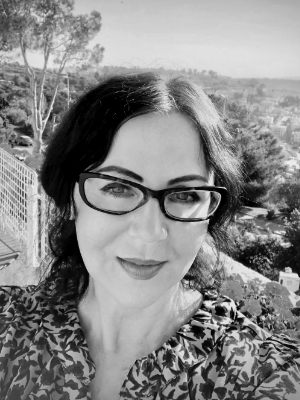
Agata Bielik-Robson is a Professor of Jewish Studies at the University of Nottingham and a Professor of Philosophy at the Polish Academy of Sciences. She published articles in Polish, English, German, French and Russian on philosophical aspects of psychoanalysis, romantic subjectivity, and the philosophy of religion (especially Judaism and its crossings with modern philosophical thought). Her publications include books: The Saving Lie. Harold Bloom and Deconstruction (Northwestern University Press, May 2011), Judaism in Contemporary Thought. Traces and Influence (coedited with Adam Lipszyc, Routledge 2014), Philosophical Marranos. Jewish Cryptotheologies of Late Modernity (Routledge 2014) and Another Finitude: Messianic Vitalism and Philosophy (Bloomsbury, 2019).
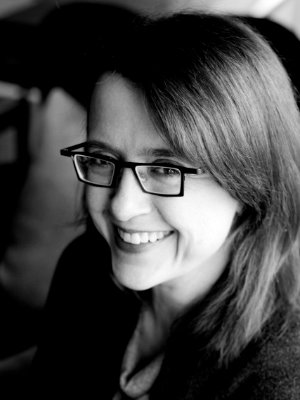
Patricia Dailey is Associate Professor of English and Comparative Literature at Columbia University. She specializes in medieval literature and critical theory, focusing on women’s mystical texts, and early medieval English poetry and prose. Her book Promised Bodies: Time, Language, and Corporeality in Medieval Women’s Mystical Texts (Columbia University Press, 2013) examines the relation between gender, temporality, the body, and language in medieval mystical texts, with a focus on the thirteenth century mystic Hadewijch. Her current book projects, include a book on the arboreal sublime and a second book, In Parentheses, on the poetics of lived experience. She is the founder of the Colloquium for Early Medieval Studies (formerly the Anglo-Saxon Studies Colloquium) and co-founder of the Affect Studies University Seminar.
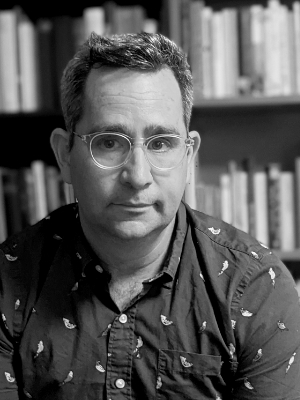
Amir Engel is a lecturer at the German department. He is currently also a guest professor at the Faculty of Theology at Humboldt University in Berlin. He studied philosophy, literature, and culture studies at Hebrew University and completed his Ph.D. in the German studies department at Stanford University. After that, he taught and conducted research at the Goethe University in Frankfurt am Main. His main topics of interest include German Romanticism and German postwar literature and culture, theories of myth, literature, philosophy, and history of culture. His first book Gershom Scholem: an Intellectual Biography came out in 2017. He also published essays about Hannah Arendt, Paul Celan, Martin Buber, Jacob Taubes, Salomon Maimon, and others. These days, he is finishing his second book manuscript, temporarily titled The German Spirit from its Jewish Sources: Occultism as a Jewish-Christian-German Negotiation.
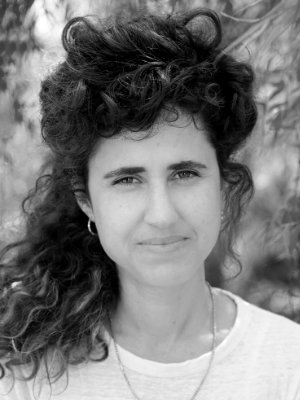
Tafat Hacohen-Bick is a scholar of modern Hebrew literature, specializing in the field of secularism and religion. She completed her PhD at the department of Hebrew literature at Ben-Gurion University of the Negev (2020). In 2022-2023 she was a fellow at the Herbert D. Katz Center for Advanced Judaic Studies at the University of Pennsylvania, and she is currently a visiting scholar in NYU and CUNY. In the coming year she will be a Polonsky Postdoctoral Fellowship at the Van Leer Institute in Jerusalem . Her book, Religiosity, Transgression and the Critique of Secularism: Pinchas Sadeh, Yona Wallach, and Zelda Schneerson is forthcoming in the Hebrew University Magnes Press.
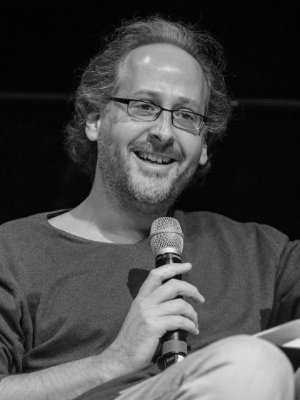
Elad Lapidot is professor for Culture Studies at the University of Lille, France. He specializes in philosophy, Jewish thought and Talmud and was teaching at the University of Bern, Switzerland, the Humboldt Universität Berlin and the Freie Univeristät Berlin. His work is guided by questions concerning the relation between knowledge and politics. Among his publications: Jews Out of the Question. A Critique of Anti-Anti-Semitism (SUNY Press, 2020), Hebrew translation with introduction and commentary of Hegel’s Phänomenologie des Geistes, Vol. 1 (Resling, 2020), Heidegger and Jewish Thought. Difficult Others, (Rowman & Littlefield, 2018), and Etre sans mot dire : La logiqe de ‘Sein und Zeit’ (Zeta Books, 2010).
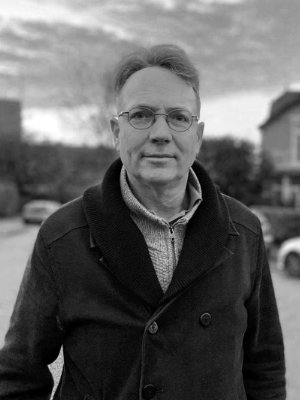
Michiel Leezenberg teaches in the departments of Philosophy and Classics at the University of Amsterdam. Among his research interests are the cultural and intellectual history of the Islamic world, Foucault, and comparative philosophy. He has published, among others, book-length studies on Foucault, Sexuality in the Islamic world, and (with Gerard de Vries) the history and philosophy of the humanities. Recently, he prepared Dutch translations of Nagarjuna’s Fundamental Verses of the Middle Path, and of the fragments of the female philosophers of Greek antiquity.
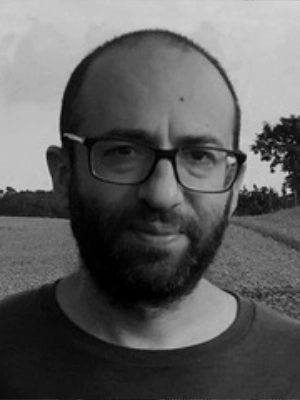
Adam Lipszyc is the head of the Center for Psychoanalytic Thought based in the Institute of Philosophy and Sociology of the Polish Academy of Sciences. He teaches in the Graduate School for Social Research and at the Franz Kafka University of Muri. In his work, he focuses on the philosophical implications of psychoanalysis, philosophy of literature, as well as on the 20th century Jewish thought. Most recently, he published (in Polish) a book on Freudian thought (Freud: Logic of Experience, 2019), a book on Herman Melville (Melville: The Mardi Gras of Identity, 2022) and a volume of essays on literature and psychoanalysis (Paper Nose of Literature, 2024). With Agata Bielińska, he co-edited a volume Space in Psychoanalysis, Psychoanalysis in Space (Routledge, 2024). He edited and co-translated into Polish two volumes of essays, one by Gershom Scholem and one by Walter Benjamin. He is the editor in chief of the academic journal „wunderBlock: Psychoanaliza i Filozofia” (wunderBlock: Psychoanalysis and Philosophy).
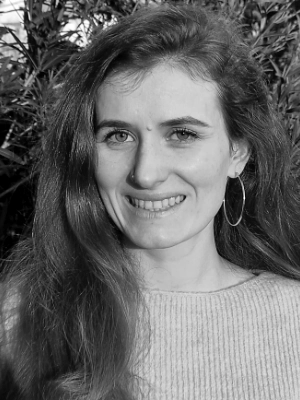
Julie Reich is a PhD candidate at the university of Lille under the supervision of Prof. Dr. Elad Lapidot. Her research focuses on the mutual influences of feminism and Jewish Thought and the way gender conceptions influenced political Jewish philosophy in the context of pre-war Germany and post-war France. She studied comparative literature and philosophy in Berlin, Madrid and Jerusalem.
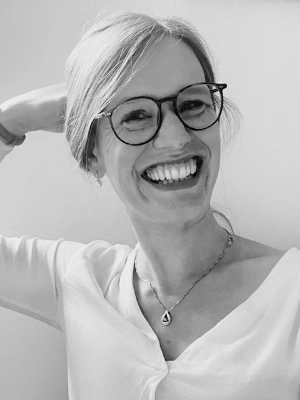
Caroline Sauter teaches Comparative Literature at Goethe University, Frankfurt. Her work focuses on the interconnection of literature and theology, particularly in Jewish thought, on European Jewish literature as well as on translation theory and practice and literary theory. She is the author of a monograph on Walter Benjamin’s translation philosophy and the co-editor of several books and collected volumes and numerous scholarly articles, as well as the translator (together with Esther von der Osten) of Jacques Derrida’s “What is a ‘relevant’ translation?”. She held an academic position at ZfL Berlin (2014-17), and a Feodor Lynen Research Fellowship of the Alexander von Humboldt Foundation at Harvard University (2017-18). She just finished a book-length manuscript entitled Love and Language: Literature – Bible – Theory, which analyses the problem of the verbal expression of love and desire through the lens of the biblical Song of Songs.
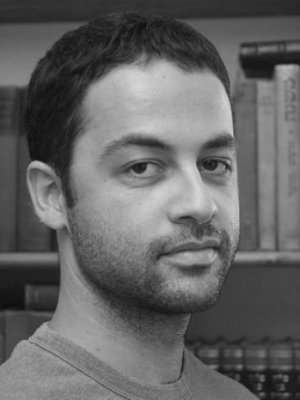
Orr Scharf if faculty at the Cultural Studies M.A. Programme at The University of Haifa. He is author of Thinking in Translation: Scripture and Redemption in the Thought of Franz Rosenzweig (De Gruyter, 2019), and editor of volume 5 in the critical edition of Martin Buber’s complete works, Vorlesungen über Judentum und Christentum (Gütersloh, 2017). Orr has published articles on topics such as translation and cultural appropriation, theology and political thought, and the impossibility of translation. Orr is editor of Hebrew Literature and its Cultural Impact, and co-editor of the forthcoming Is Tikkun Olam Still Possible?
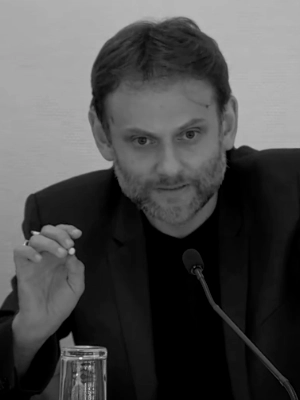
Ghilad H. Shenhav is a research associate (wissenschaftlicher Mitarbeiter) at the Department of History and the Center for Israel Studies at the Ludwig Maximilian University of Munich. His first book about language, tradition, and gender in the writings of Gershom Scholem was published in German this summer. Shenhav has written several articles in the fields of modern Jewish thought, literature, and intellectual history, among them: “Jacques Derrida and the Desertification of the Messianic” (Jewish Studies Quarterly, 2022), and Gershom Scholem’s ‘Laments Project’ and the Question of Gender” (Journal of Jewish Studies / 2023).
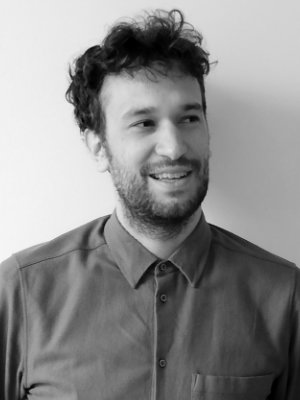
Willem Styfhals is assistant professor at the Institute of Philosophy, KU Leuven. He is the author of No Spiritual Investment in the World: Gnosticism in Postwar German Philosophy (Cornell UP, 2019) and Apologie van het Schrift (Grafische Cel, 2022).
Program
| Tuesday, September 10 | |
| 14:00–14:30 | Welcome and Coffee |
| 14:30–15:00 | Willem Styfhals (Leuven) – Introduction |
| 15:15–16:00 | Chair: Willem Styfhals Patricia Dailey (Columbia) Slant Knowing. On the Auctoritas and Vulnerability of Love |
| Coffee | |
| 16:30–18:00 | Chair: Caroline Sauter Agata Bielik-Robson (Nottingham) To Love and Not to Know: Lacan on Feminine Love and the God of the Real Adam Lipszyc (Warsaw) The Drive as Divine Burden, Separation as Seduction |
| 18:45 | Dinner at Resto Henri |
| Wednesday, September 11 | |
| 9:30–11:00 | Chair: Elad Lapidot Caroline Sauter (Frankfurt) Herzbuch. Desire and Language in Franz Rosenzweig’s Star of Redemption Gilad Shenhav (Munich) In the Name of Divine Intimacy: Reexamining Walter Benjamin’s Commentary of Genesis |
| Coffee | |
| 11:30–12:15 | Chair: Willem Styfhals Orr Scharf (Haifa) Amor Dei: Vocabularies of Love in Hannah Arendt’s Early Works |
| Lunch | |
| 14:00–14:45 | Chair: Willem Styfhals Amir Engel (Jerusalem/Berlin) – Postwar Buber: the Politics of Loving God |
| Coffee | |
| 15:00-16:30 | Chair: Caroline Sauter Julie Reich (Lille) Love, Eros and the Couple as Emancipatory Concepts in the Thought of Margarete Susman and Eliane Amado Lévy-Valensi Tafat HaCohen (Jerusalem) Awakening Love: Sin, Eros and National Revival in Hebrew Literature |
| 17:00–19:00 | City walk and talk (Optional) |
| 19:00 | Drinks and Dinner (Optional) |
| Thursday, September 12 | |
| 9:00–10:30 | Chair: Amir Engel Michiel Leezenberg (Amsterdam) The beardless boy as literal and metaphorical beloved: Islamic mysticism and Foucault’s History of Sexuality |
| Coffee | |
| 11:00–11:30 | Elad Lapidot (Lille) – Closing Remarks |




